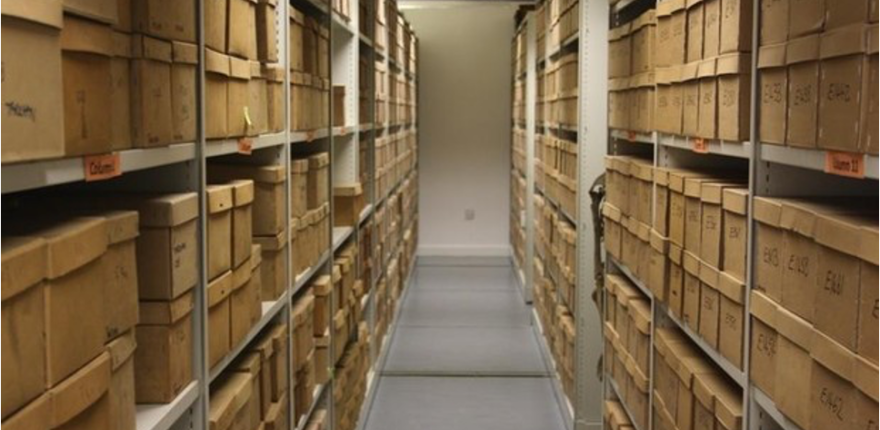

The Duckworth Policy on the Curation and Conservation of Human Remains
In the last two decades, there has been an increasing concern regarding the conditions under which human remains are kept and used by museums and universities, and in particular, about the principles that govern the practice of de-accessioning of material, whether for reburial, repatriation, or disposal. The Guidance for the Care of Human Remains in Museums, published by the Department of Culture, Media and Sport (DCMS) in 2005, sets out a series of recommendations on best practice regarding human remains in museum and university collections in the UK, and complements the provisions of the Human Tissue Act 2004 on the care of human remains older than 100 years. Following these recommendations, the Duckworth Laboratory has extended and adjusted its policy on human remains, set out in the document 'The Duckworth Laboratory Policy on the Curation & Conservation of Human Remains'.
The University of Cambridge Policy on Stewardship of Human Remains
All repatriation claims and requests are dealt with by the Registrary of the University, to whose office they should be directed in writing. Handling of claims follows clear steps, set out in the document ‘Procedure for handling claims for the transfer of stewardship of human remains'. This adheres closely to the guidelines proposed by the DCMS. A response to the claim from those responsible for the University collection in which the human remains are located will be written, including expert evidence when necessary. All available information will then be assessed by the University’s Human Remains Advisory Panel, which will submit its advice and recommendations to the University Council, who will make the decision regarding the claim.


